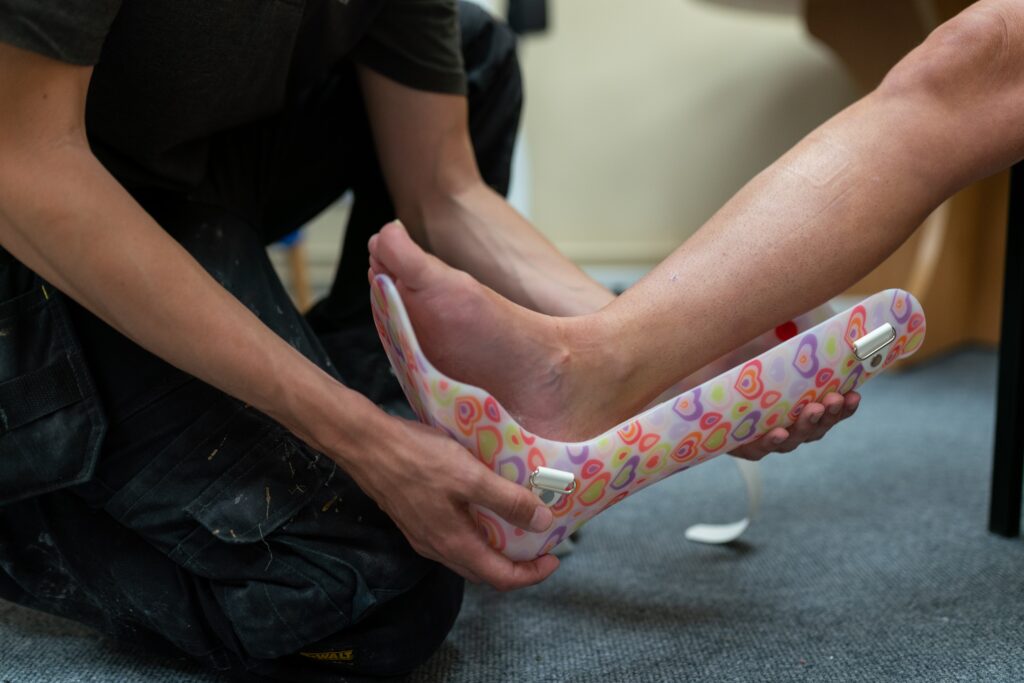Diabetes is a chronic and debilitating disease, where the body is unable to produce sufficient amounts of insulin. The body is also unable to use the insulin that it does produce. Unfortunately, people with diabetes commonly experience a wide variety of feet problems and toe problems. The truth is that once the disease has advanced it is very difficult to gain control of it or to reverse the damage.
Amputations of toes, feet, and limbs are all too common with people in advanced stages of their illness. The good news is that diabetes is a manageable illness and it does not have to advance or progress to this level.
Custom insoles for shoes may offer diabetes support, comfort, and help. Orthotic insoles can be purchased from professional providers, on Long Island and country-wide. If you or a loved one is suffering from diabetes, New York OrthoLab is here to help.
How can diabetes impact your feet?
Diabetes can result in severe nerve damage, both in the feet and lower limbs. People with diabetes usually have blood flow and circulation problems in their feet and toes. Unfortunately, people with diabetes are at a much higher risk for developing complications from even the smallest cut or blister.
Once nerve damage occurs in the feet, this can result in a complete lack of feeling and sensation in both the feet and toes. Healing from simple everyday things like a tiny cut or a bruise may take longer, or can result in major problems. Feet ulcers are also very common and develop more frequently in people with diabetes.
Diabetes and Plantar Fasciitis what is the connection?
People who suffer from diabetes, are more likely to develop Plantar Fasciitis. This may be due to numerous factors relating to their diabetes. Things like weight gain, a lack of exercise and movement, lifestyle, and hyperglycemia all are contributing factors.
Simply being overweight will increase a diabetic person’s risk of plantar fasciitis. The excess weight places additional pressure on both your feet and your plantar fascia ligaments. Plantar Fasciitis Insoles are available for patients suffering. They can offer relief, comfort, support, and assistance.
How orthotics can help diabetic patients
The correct shoes and orthotic insoles can play a crucial role in diabetic foot care. Diabetic insoles make use of high-end technology to target the issues that diabetic sufferers may suffer from, with their feet. Insoles can assist in not only alleviating and preventing pain but also providing a source of comfort.
In addition, they can help and encourage patients to walk more. Walking and even moderate exercise do wonders for the illness. If the patient is motivated to walk and can engage in regular activity and lose weight, then this will result in fewer complications. Diabetes is completely manageable with the right lifestyle changes and exercise. Custom orthotics can help tremendously.
Not only is neuropathy very common in diabetic patients, but so are ulcers. Proper fitting shoes and the correct orthotics can help prevent the chances of blisters, ulcers and other feet issues developing. Orthotics are also very effective when your feet have become numb. They also help provide full support and comfort with tingling sensations and sores.

